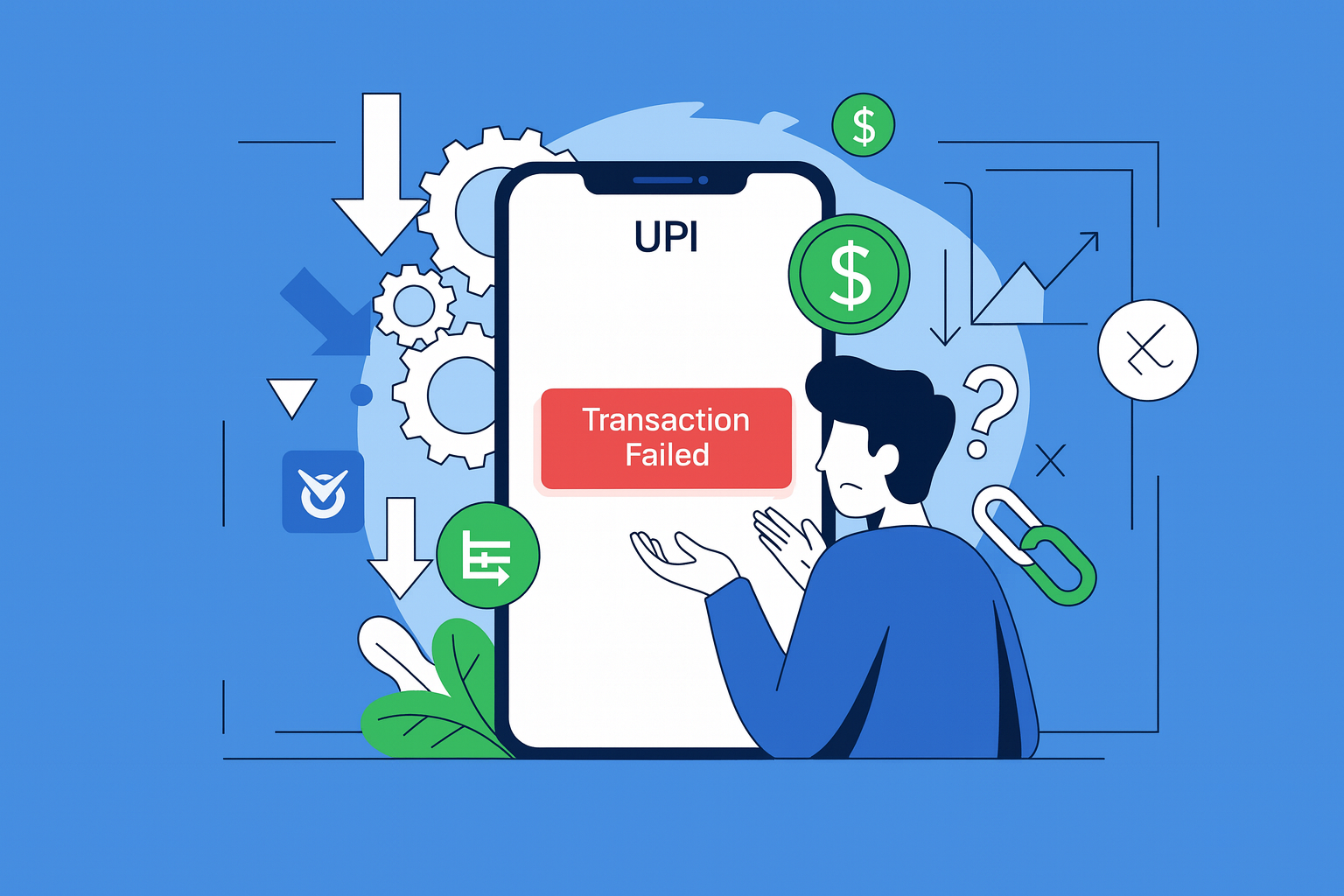Investing in an Initial Public Offering (IPO) can be an exciting opportunity for you to purchase shares in a company before it goes public. One common method to secure your investment is through a Unified Payments Interface (UPI) mandate. However, there may be times when your UPI mandate fails. In this guide, we will explore what UPI mandates are, why they might fail, and what steps you can take to resolve issues.
Understanding UPI Mandates
What is a UPI Mandate?
A UPI mandate is a pre-approved permission that allows a bank to automatically debit a specific amount from your account at regular intervals or on a particular date. This is especially useful for investments, such as in IPOs, where you may want to ensure that the required funds are available for your purchase without needing to manually authorise each transaction.
How UPI Mandates Work for IPOs
When you apply for an IPO, you may choose to set up a UPI mandate to facilitate the payment process. By doing this, you instruct your bank to transfer the necessary funds directly to the IPO’s designated account. This process aims to simplify and speed up the transaction, ensuring that you secure your shares promptly.
Common Reasons for UPI Mandate Failure
Despite the convenience of UPI mandates, there are several reasons why your mandate might fail. Understanding these can help you troubleshoot the issue effectively.
Insufficient Funds
One of the most common reasons for a failed UPI mandate is insufficient funds in your bank account. If your account balance is lower than the amount you intend to invest, the transaction will not go through. Always ensure that you have enough funds available before setting up or confirming your mandate.
Incorrect UPI ID
Your UPI ID is a unique identifier linked to your bank account. If you enter this ID incorrectly when setting up your mandate, the transaction will fail. It is crucial to double-check your UPI ID for accuracy to avoid any mishaps.
Bank Issues
Sometimes, the issue may lie with your bank. Technical problems or maintenance work can affect the processing of UPI transactions. If your bank’s systems are down or experiencing issues, it may prevent your mandate from being processed.
Technical Glitches
Digital transactions can sometimes be affected by technical glitches. Whether it is a problem with the UPI app or network connectivity issues, these glitches can result in failed mandates. Always ensure that you are using a stable internet connection when setting up or confirming your mandate.
Steps to Take If Your UPI Mandate Fails
If you find your UPI mandate has failed, here are some practical steps you can take to resolve the issue.
Check Your Bank Balance
Start by checking your bank balance to confirm that you have sufficient funds to cover the investment amount. If your balance is low, consider adding funds to your account before retrying the mandate.
Verify Your UPI ID
Next, double-check your UPI ID. Ensure that you entered it correctly during the setup process. If you realise there was a mistake, correct it and try setting up the mandate again.
Contact Your Bank
If you have confirmed that your funds are sufficient and your UPI ID is accurate, the next step is to contact your bank’s customer service. They can provide insights into any issues affecting your account or the UPI system. They may also be able to resolve specific problems related to your mandate.
Retry the Mandate Setup
After addressing any issues, you can attempt to set up the UPI mandate again. Ensure that you follow the steps carefully and monitor for any notifications regarding the status of your transaction.
Alternative Payment Methods for IPOs
If you continue to face challenges with your UPI mandate, consider alternative payment methods to secure your investment in an IPO.
Using Direct Bank Transfer
A direct bank transfer allows you to manually transfer funds from your bank account to the IPO’s designated account. While this method may take a little longer, it can be a reliable alternative if you encounter issues with UPI mandates.
Exploring Other Digital Payment Options
In addition to UPI, there are various digital payment options available. These may include online banking or payment apps that facilitate transactions. Research different platforms to find one that suits your needs and is compatible with IPO investments.
Seeking Help from Regulatory Authorities
If you have tried the above steps and are still facing issues, you may need to reach out to regulatory authorities for assistance.
Contacting SEBI
The Securities and Exchange Board of India (SEBI) oversees the functioning of the securities market in India. If you believe that your investment process is being hindered due to regulatory issues, you can contact SEBI for guidance.
Reporting Issues to NPCI
The National Payments Corporation of India (NPCI) manages and oversees the UPI system. If you experience persistent problems with UPI transactions, reporting the issue to NPCI can help address system-wide concerns.
Conclusion
Staying informed about your investment options and the payment methods available can help you navigate the process more effectively. Understanding how UPI mandates work, and what to do when they fail, empowers you to make better financial decisions. Always keep your financial goals in mind and make sure your transactions are smooth and successful.



